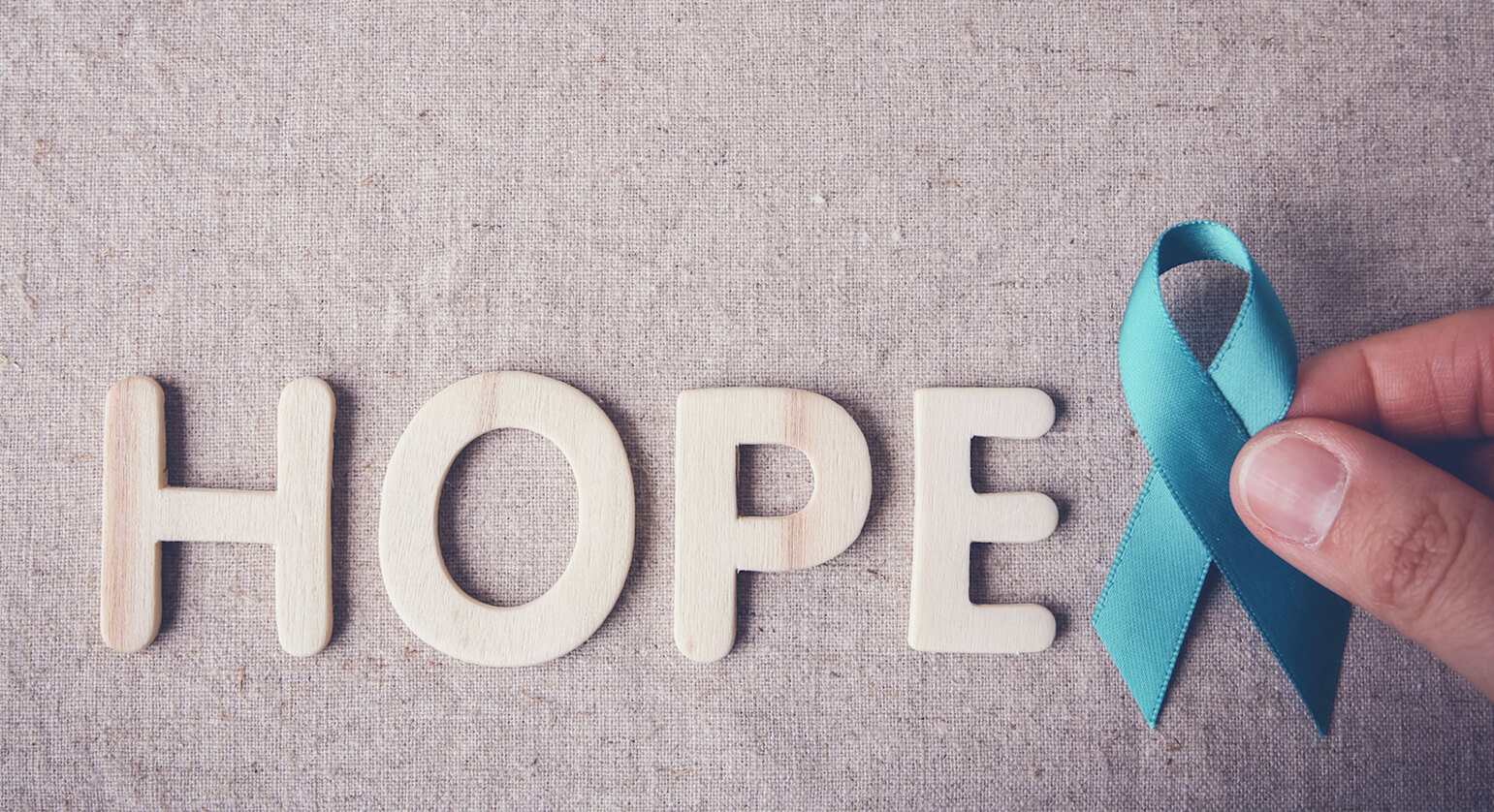In April, Maria College honored Sexual Assault Awareness Month. We started the month with a viewing of the documentary The Hunting Ground, which highlights the two brave women who began the Title IX movement against higher education institutions after no action was taken in response to sexual assault on their college campuses. Maria College had a table at the Albany County Crime Victims and Sexual Violence Center’s Take Back the Night event, a great opportunity for Maria to display proudly that we are a campus that sees and supports victims of these crimes. Many visitors to the table commented on how refreshing it was to see an institution stand up for matters that are often not talked about due to their social stigma. You may have seen teal ribbons around campus. (If you wish to pick one up, I invite you to do so). They are just a small gentle reminder that we are aware of sexual assault in our community and we stand with those who may be suffering.
As we wrap up the month of April, I would also like to highlight how very fortunate we are at Maria College to have this programming and highlight awareness for a subject that affects so many, yet remains silent. There are people suffering every single day, both in our neighborhood and across our globe, at the heinous hand of sexual assault. Sexual assault can happen to anyone by anyone, but by large it is women who are effected by the silence surrounding the issue. It is our focus this year on the Special Concern for Women and we recognize the need to bring attention to the silent majority.
What can we do about sexual assault? What can I do as one individual? Jackson Katz’s TED talk offers this: “We can start to change our way of talking about sexual assault and begin asking the right questions about situations.” For instance, let us take a look at how the structure of the following sentences can impart certain attitudes.
“An offender assaulted a victim.” (Here “offender” is the subject and therefore more important than the “victim,” a direct object and therefore secondary in importance.)
“A victim was assaulted by an offender.” (Note that “offender” is at the end of the sentence in a prepositional phrase, which deemphasizes the crime and puts attention on the victim.)
“A victim was assaulted.” (Nowhere in this sentence is the offender recognized but instead focus in on the victim.)
“They are a victim of assault.” (Finally, we have labeled someone as a “victim,” which comes with its own assumptions, and now that person has a change in identity: They are no longer themselves but rather are now labeled victim of assault.)
Let us think for a second. Who should we really be talking about? Who should we as a society really ask questions about? The focus should be on the offender. There would be no need to change the victim’s identity had the offender never committed the assault. So, I invite you to challenge your thinking, challenge your speech, and challenge the media you consume to change your language and shift your focus to the offenders, rather than the victims, of sexual assault.”
Jillian Mertzlufft
Health & Wellness Coordinator
